- Understanding Ethereum RPC
- Key Features of Ethereum RPC
- How Ethereum RPC Works
- Setting Up Ethereum RPC
- Conclusion
- FAQ Section
- 1. What is Ethereum RPC and why is it important?
- 2. How do I set up Ethereum RPC on my local machine?
- 3. What are the key features that differentiate Ethereum RPC from other blockchain RPCs?
- 4. What kind of applications can benefit from using Ethereum RPC?
- 5. How can I troubleshoot common issues with Ethereum RPC?
- 6. Are there any security measures I need to consider when using Ethereum RPC?
Ethereum, a decentralized platform for building and running smart contracts and decentralized applications (DApps), has revolutionized the blockchain landscape. Its robust architecture and flexibility have made it the go-to choice for developers and enterprises looking to leverage blockchain technology.
At the core of interacting with Ethereum is the Remote Procedure Call (RPC) protocol. RPC enables applications to communicate with the Ethereum blockchain, allowing developers to query data, submit transactions, and interact with smart contracts seamlessly.
Understanding Ethereum RPC
RPC, or Remote Procedure Call, is a protocol that allows one program to cause a procedure to execute in another address space. In the context of Ethereum, RPC acts as an intermediary that handles the communication between clients (applications) and the Ethereum network.
Role of RPC in Ethereum
In Ethereum, RPC serves as the primary method for developers to interact with nodes in the network. By using RPC, developers can send commands to an Ethereum node, retrieve blockchain data, and execute transactions without needing to interact directly with the underlying codebase.
Key Features of Ethereum RPC
- Standardized Methods: Ethereum RPC follows a standardized set of methods, ensuring consistent and reliable interactions across different nodes.
- Versatility: It supports a wide range of operations, from querying blockchain data to executing smart contracts.
- Scalability: Ethereum RPC can handle numerous requests simultaneously, making it suitable for high-traffic applications.
- Security: With proper configurations, Ethereum RPC ensures secure communication between the client and the Ethereum network.
How Ethereum RPC Works
Client-Server Model
Ethereum RPC operates on a client-server model. The client (your application or tool) sends a request to the server (an Ethereum node). The server processes this request and sends back a response.
RPC Endpoints
RPC endpoints are specific URLs that applications use to connect to the Ethereum network. These endpoints can be hosted locally or provided by third-party services like GetBlock, which offer reliable and fast access to Ethereum nodes.
Request and Response Mechanism
The request and response mechanism in Ethereum RPC is straightforward:
- The client sends a JSON-RPC request to the server.
- The server processes the request and executes the necessary procedures.
- The server sends a JSON-RPC response back to the client, containing the result or an error message.
Setting Up Ethereum RPC
Prerequisites
Before setting up Ethereum RPC, ensure you have:
- An Ethereum node (locally or via a service like GetBlock).
- Basic knowledge of JSON and HTTP protocols.
- Access to a development environment (e.g., Postman or a custom application).
Steps to Configure Ethereum RPC
- Create an Account: Sign up for an API provider like GetBlock here.
- Obtain API Key: Navigate to the GetBlock dashboard and obtain your API key.
- Set Up Node Connection: Configure your node connection using the provided RPC endpoint (e.g., `https://eth.getblock.io/mainnet/?api_key=YOUR_API_KEY`).
- Test Connection: Use tools like Postman to test the connection by sending basic JSON-RPC requests.
Common Configurations and Parameters
- Network Selection: Choose between Ethereum Mainnet, Ropsten, Rinkeby, etc.
- API Key: Required for authentication with services like GetBlock.
- Timeout Settings: Configure appropriate timeout settings to handle network latency.
Conclusion
Recap of Key Points
Ethereum RPC is an essential tool for developers looking to interact with the Ethereum blockchain. From querying data to executing transactions, RPC simplifies these processes through a standardized and secure protocol.
Future Prospects of Ethereum RPC
As Ethereum continues to evolve, the role of RPC will likely expand, incorporating new features and optimizations to handle the growing complexity and scale of blockchain applications.
FAQ Section
1. What is Ethereum RPC and why is it important?
Ethereum RPC is a protocol that allows developers to interact with the Ethereum blockchain by sending requests to and receiving responses from Ethereum nodes. It simplifies the process of querying data and executing transactions, making it crucial for building DApps and smart contracts.
2. How do I set up Ethereum RPC on my local machine?
To set up Ethereum RPC locally, you need to run an Ethereum node (e.g., Geth or Parity) and configure it to accept RPC connections. Use tools like Postman to send JSON-RPC requests to the local node’s endpoint (e.g., `http://localhost:8545`).
3. What are the key features that differentiate Ethereum RPC from other blockchain RPCs?
Ethereum RPC is distinguished by its standardized methods, versatility, scalability, and security. It supports a wide range of operations specific to Ethereum and ensures secure and efficient communication between clients and nodes.
4. What kind of applications can benefit from using Ethereum RPC?
Applications such as decentralized exchanges, gaming platforms, financial services, and supply chain solutions can benefit from using Ethereum RPC. Any application that requires interaction with the Ethereum blockchain can leverage RPC for efficient operations.
5. How can I troubleshoot common issues with Ethereum RPC?
Common issues with Ethereum RPC can be troubleshooted by:
- Ensuring network connectivity.
- Verifying the correctness of your JSON-RPC requests.
- Checking for valid API keys and correct endpoint URLs.
- Consulting documentation for specific error codes and solutions.
6. Are there any security measures I need to consider when using Ethereum RPC?
When using Ethereum RPC, consider implementing authentication mechanisms, encrypting communication channels (using HTTPS), and configuring appropriate access controls to prevent unauthorized access to your nodes.
By following these guidelines and leveraging the power of Ethereum RPC, developers can build robust, scalable, and secure blockchain applications that harness the full potential of the Ethereum network.

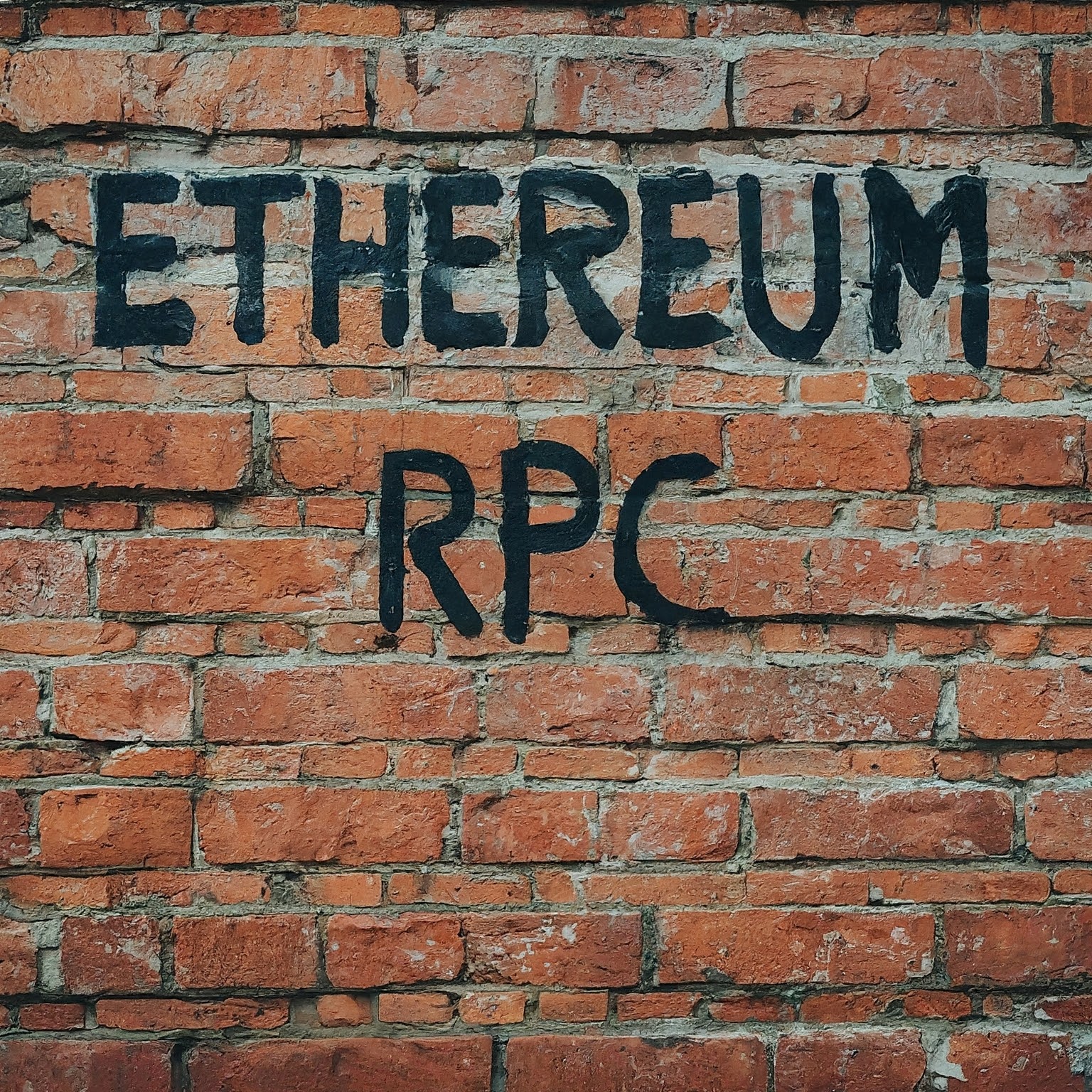

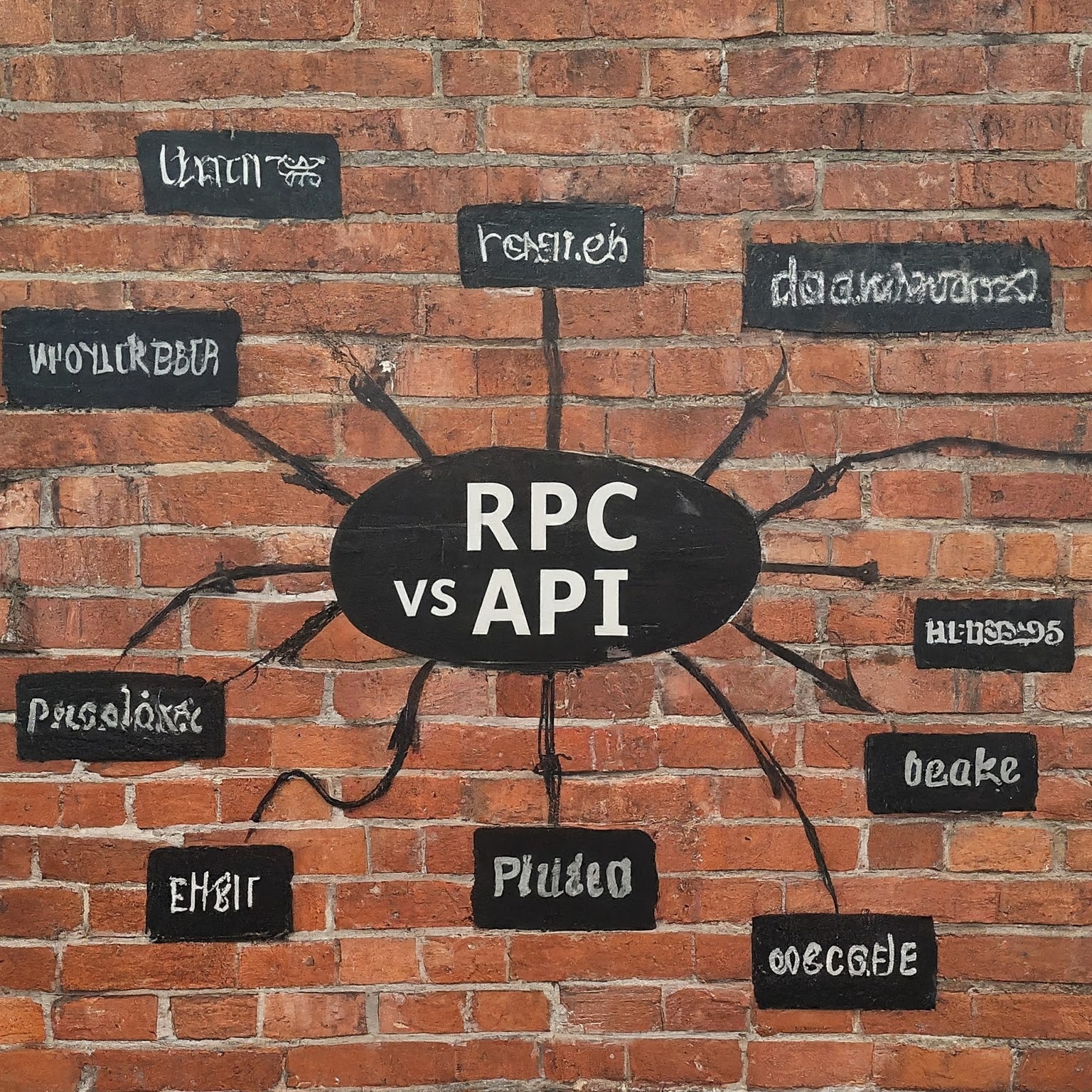
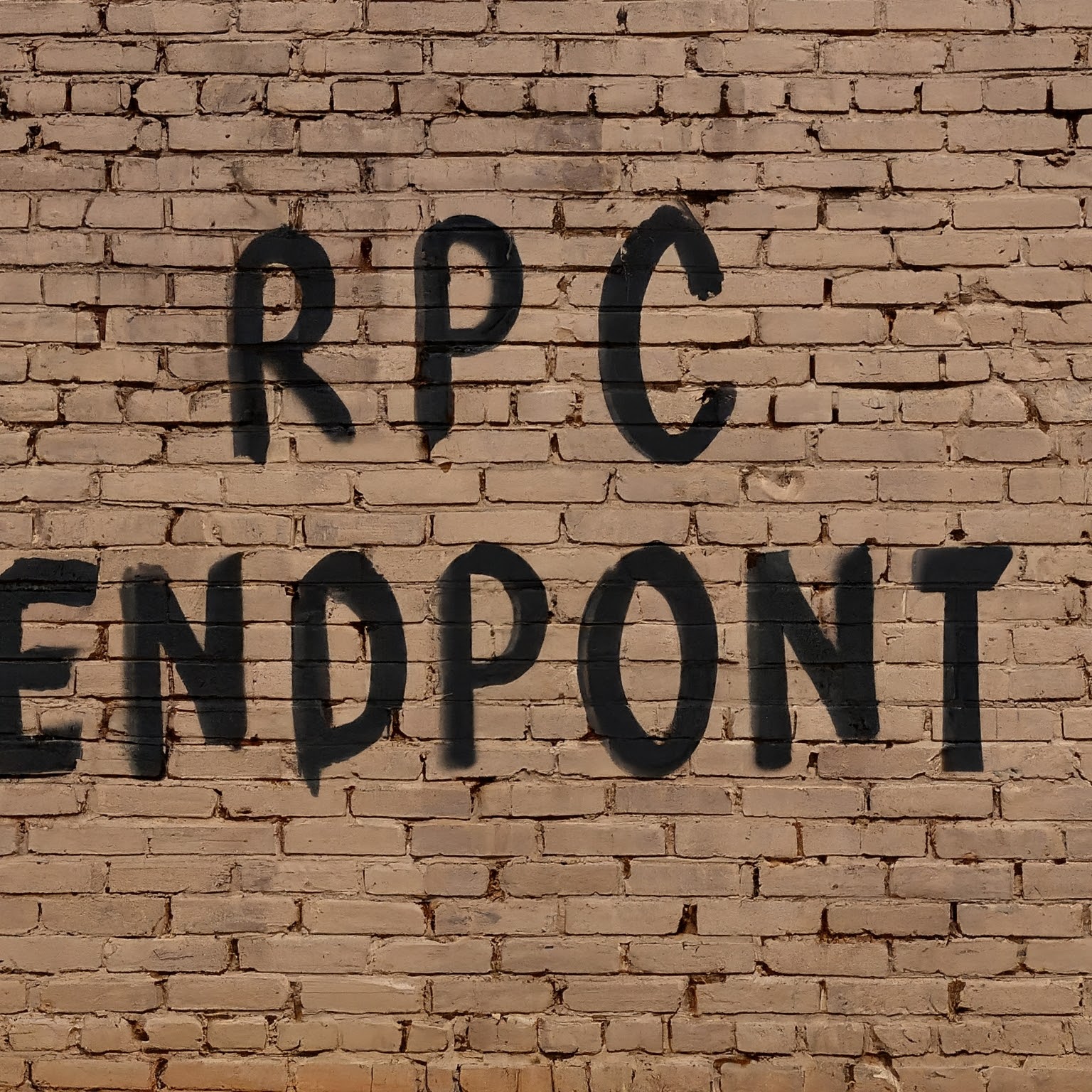
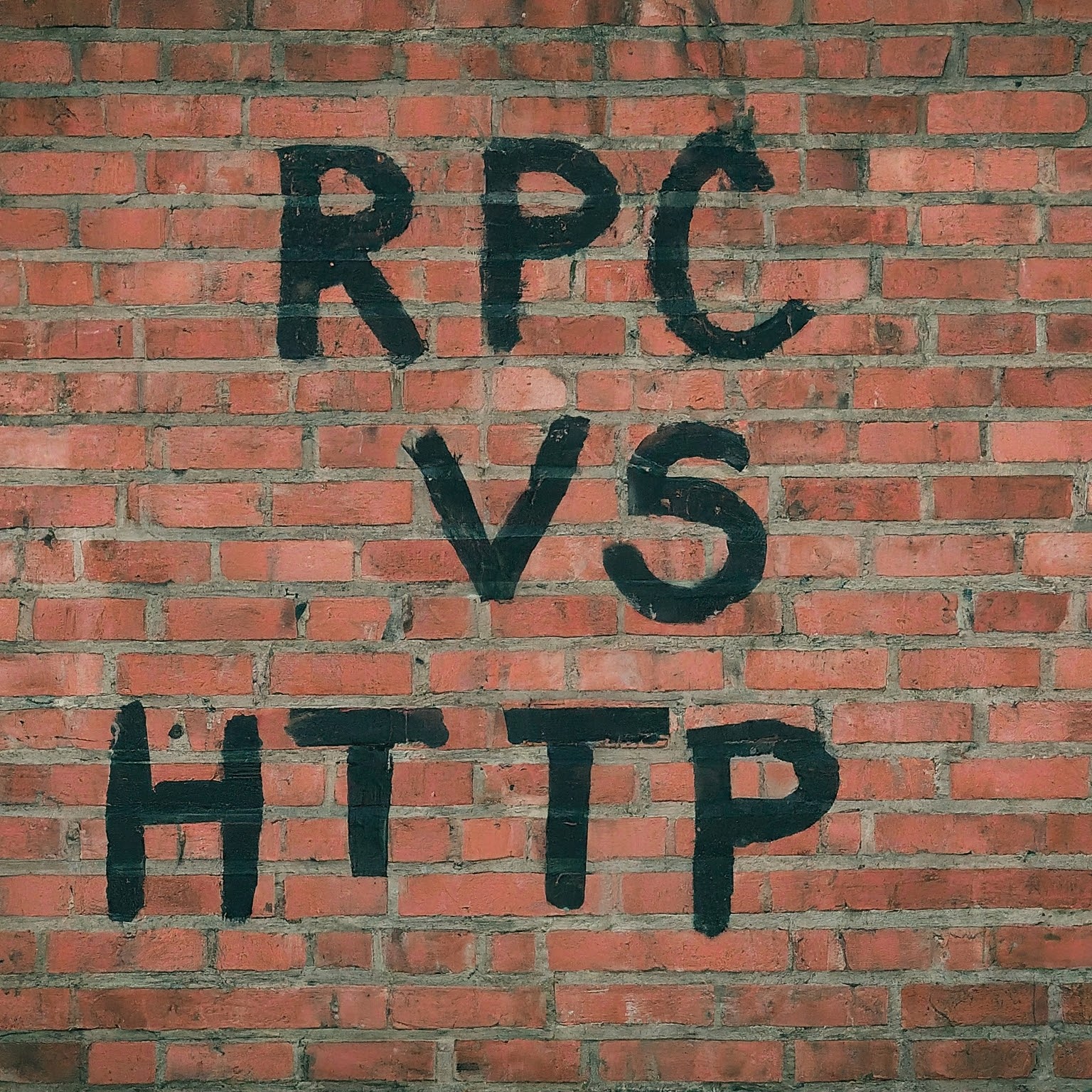

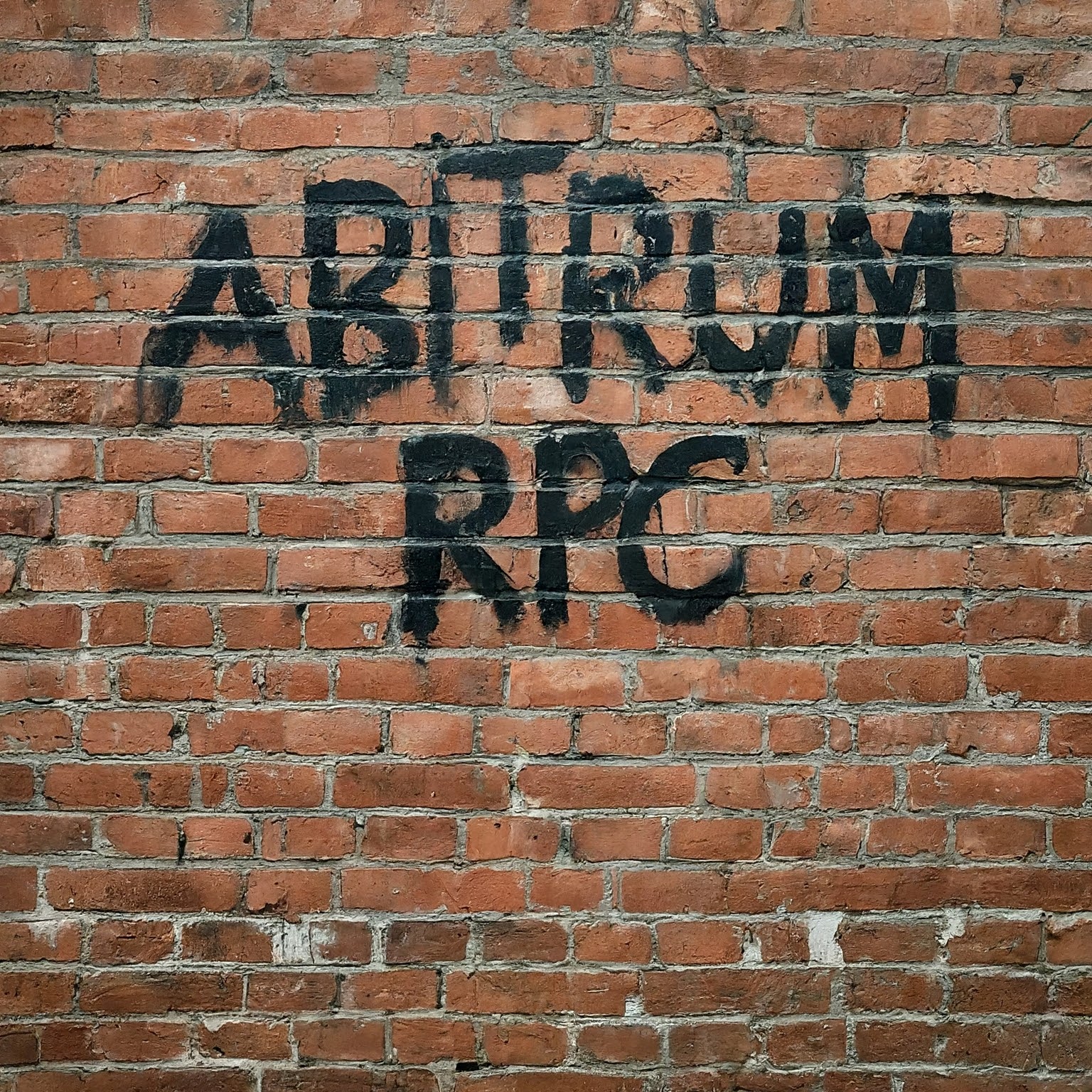

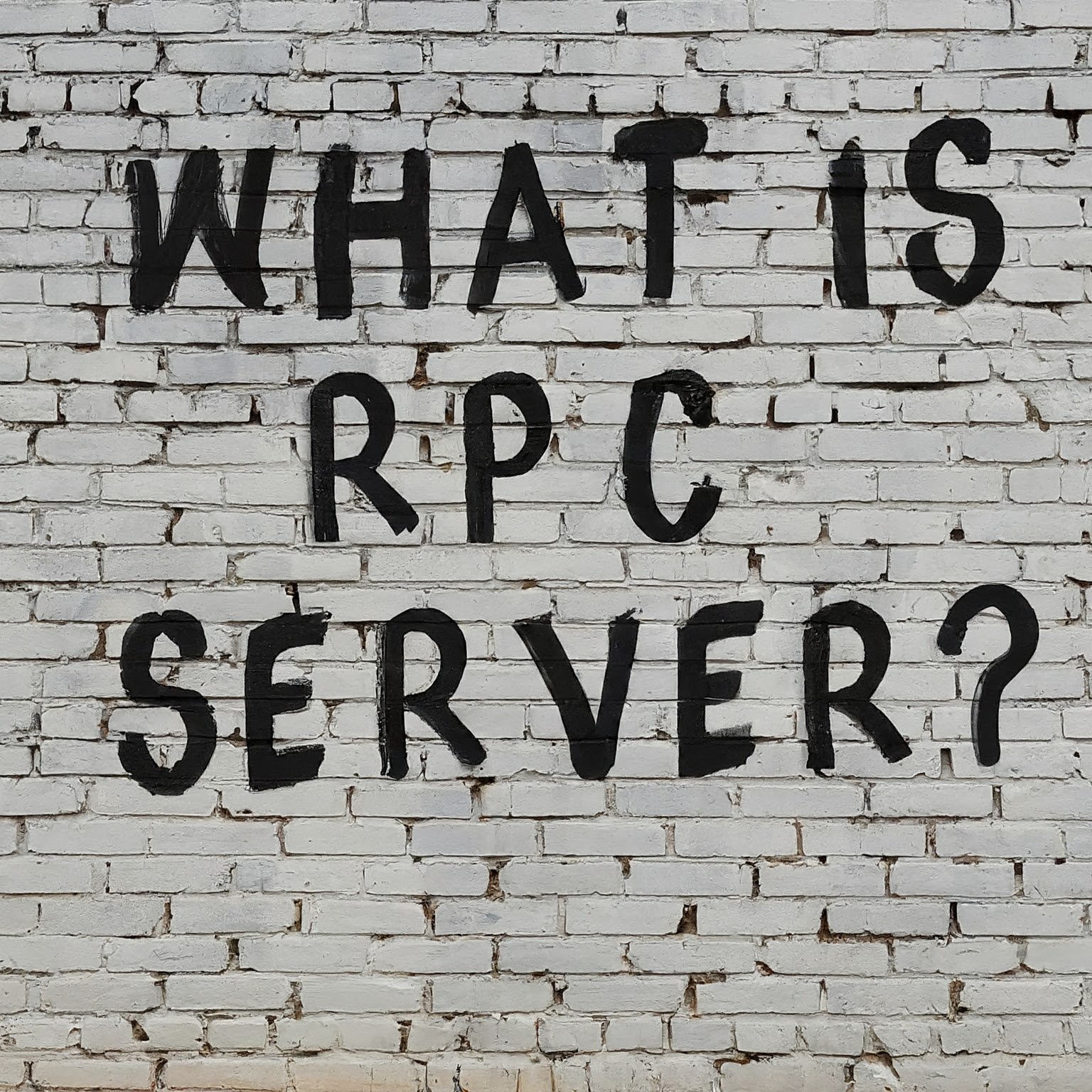
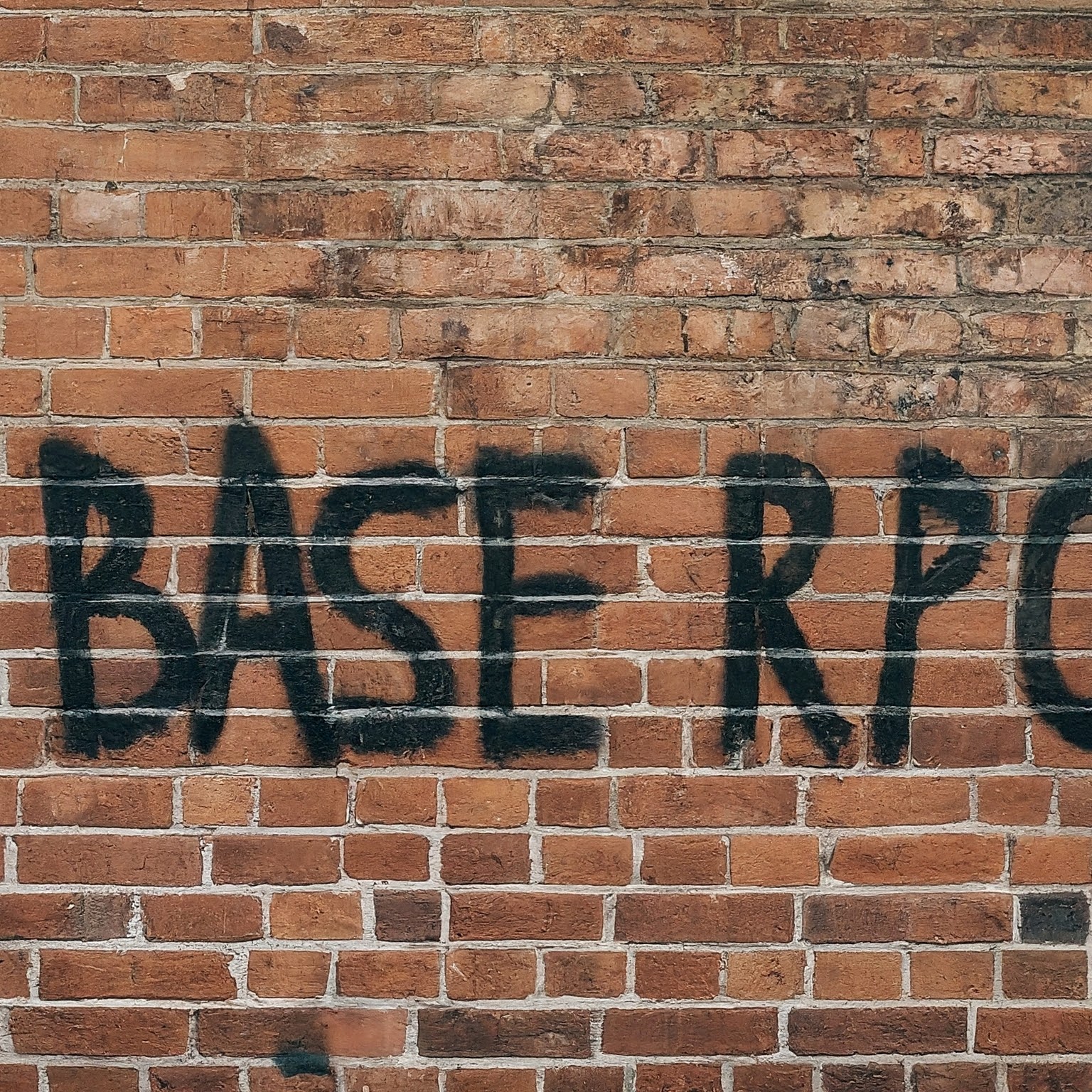
Leave a Reply
You must be logged in to post a comment.